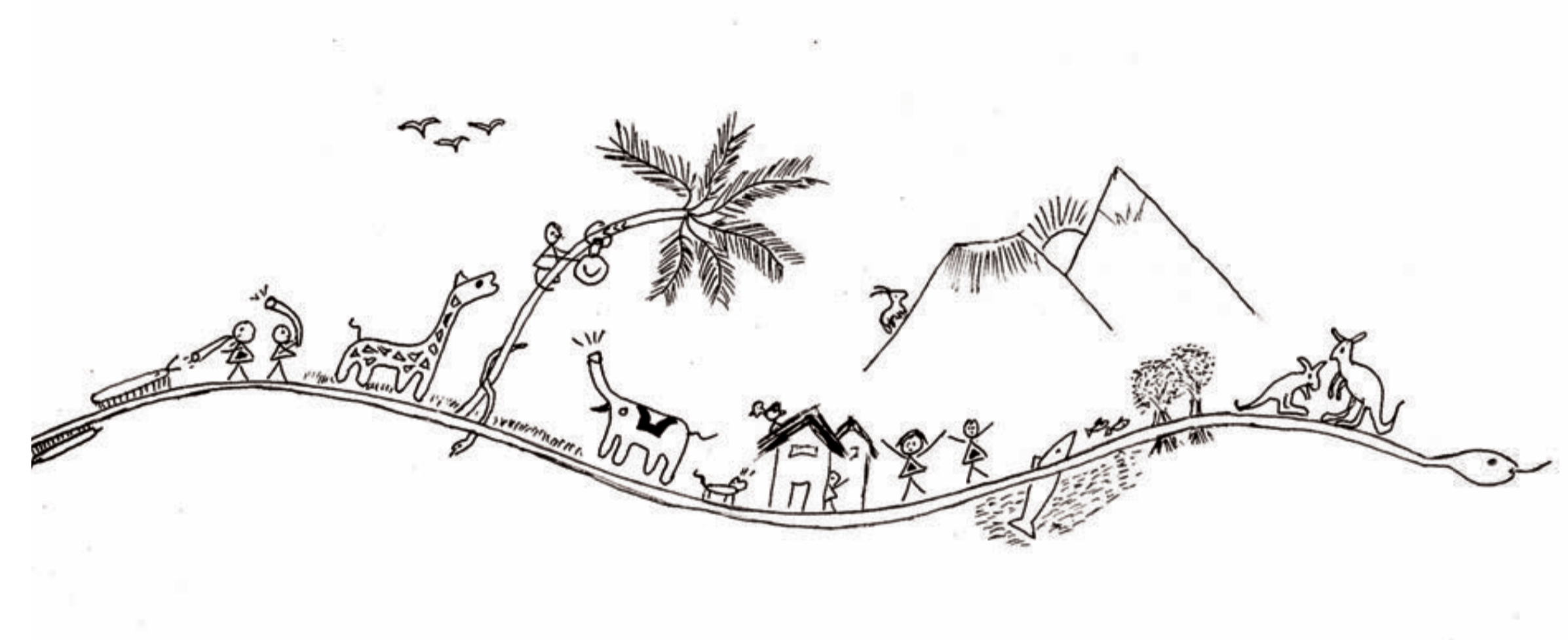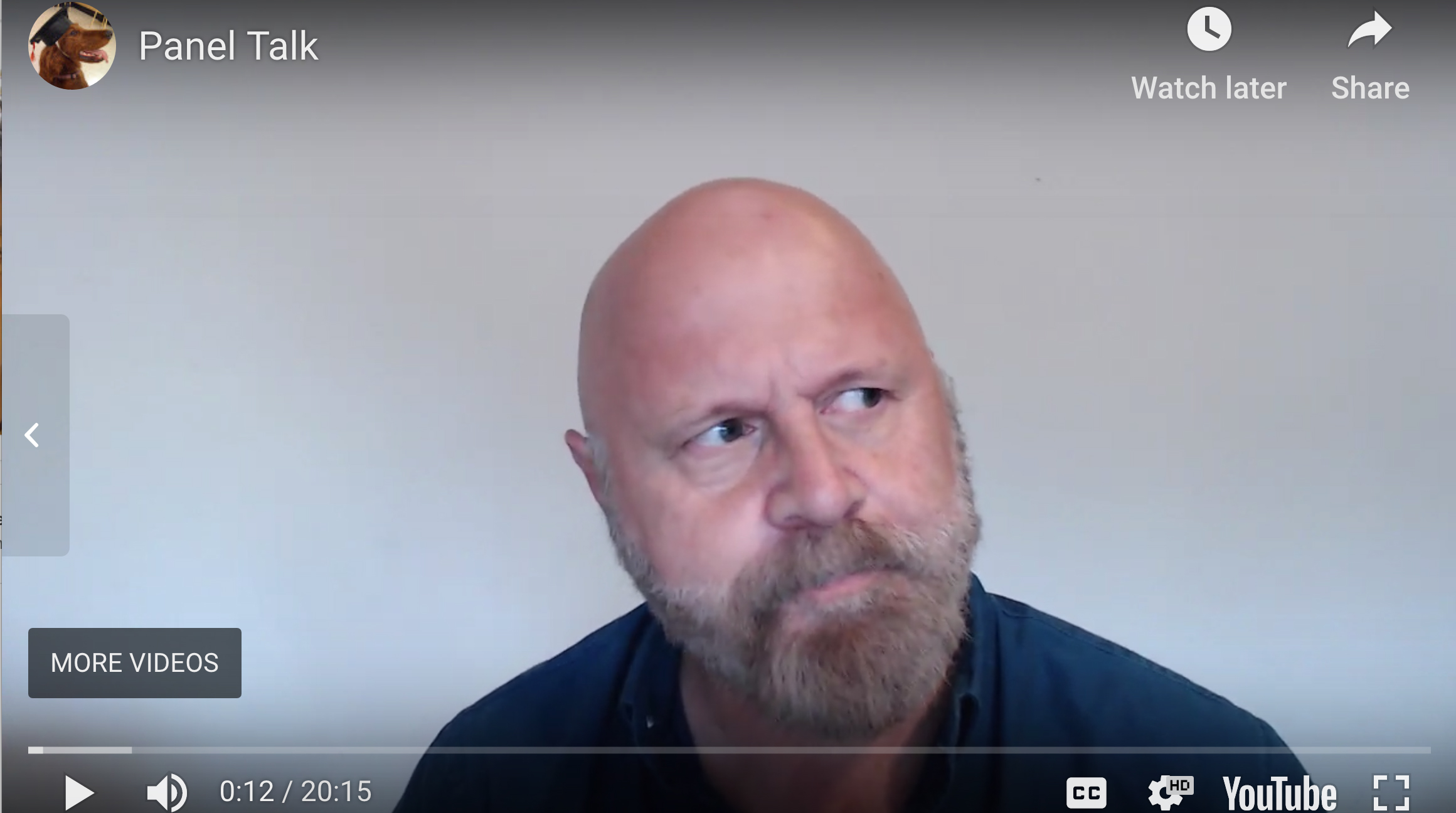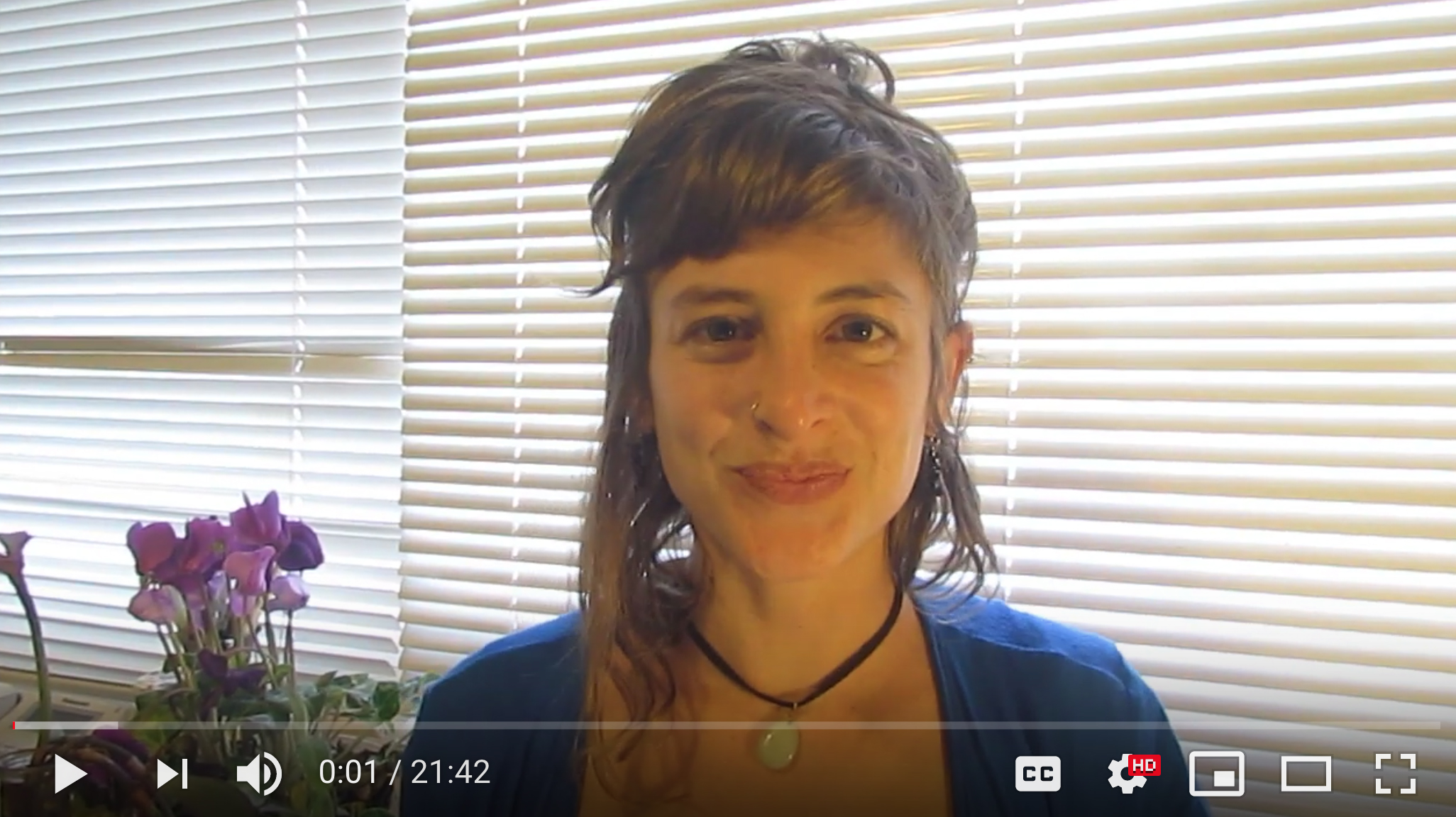CLIMATE PEDAGOGIES
Introduction
In a sense, the whole NXTerra KAN project is about “Climate Education,” and there has been an explosion of books on the topic in the last several years.
However, even where recent books are centered on Climate Justice, Eco Justice, and similar formulations, they are not repositories of useful materials for teachers.
NXTerra steps into this breach with its mission to discover, curate, and produce educational resources for your classroom needs.
As you explore our Themes and Topics, you will encounter numerous resources for and examples of best practices for transformative teaching on the climate crisis, critical sustainability, and climate justice studies.
Beyond resources to use in the classroom, of course, lies the deeper question of pedagogy: How we teach can be as important as what we teach (assuming we know what we are doing in terms of class planning, lectures, etc., of course!).
On this page we offer teachers selected resources on pedagogical practices. (Please get in touch and make suggestions on helping us grow this resource!)
Scroll down to discover books and articles on innovative teaching that will introduce you to new practices for the classroom that might make your great courses even more meaningful to students, inspiring your students to embrace learning, teaching, and climate justice action for the rest of their – and our – lives!
We invite you to share your pedagogical resources with us by contacting John Foran [foran@soc.ucsb.edu] and Sarah Ray [sr1478@humboldt.edu].
- Updated — October 9, 2020
RESOURCES
Articles
Foran, John, Summer Gray, Corrie Grosse, and Theo LeQuesne, This will Change Everything: Teaching the Climate Crisis. Transformations: The Journal of Inclusive Scholarship and Pedagogy. Special issue on Teaching the Future (28) (2) (2018): 126-147.
Allie Lowy, A 9-Minute Lesson in Environmental Literacy (December 10, 2018)
Svoboda, Michael, Books on teaching climate change communication, eco-literacy, and eco-justice (September 12, 2019).
Svoboda, Michael, Nine climate change books for educators, Yale Climate Connections, (September 10, 2019).
Books
We are indebted to the articles of Michael Svoboda cited above in identifying many of these books. You can find useful accounts of each in his two articles.
Armstrong, Anne K., Marianne E. Krasny, and Jonathan P. Schuldt. Communicating Climate Change: A Guide for Educators. Ithaca: Cornell University Press. 2018.
Beach, Richard, Jeff Share and Allen Webb. Teaching Climate Change to Adolescents: Reading, Writing, and Making a Difference. London: Routledge. 2017.
Bigelow, Bill and Tim Swinehart, editors. A People’s Curriculum for the Earth: Teaching Climate Change and the Environmental Crisis. Rethinking Schools. 2014.
Forest, Sherrie and Michael A. Feder, rapporteurs. Climate Change Education: Goals, Audiences, and Strategies: A Workshop Summary. National Academies Press. 2011.
Fretz, Eric J., editor. Climate Change Across the Curriculum. Lexington Books. 2015.
Goleman, Daniel, Lisa Bennett, and Zenobia Barlow. Eco-Literate: How Educators Are Cultivating Emotional, Social, and Ecological Intelligence. Jossey-Bass. 2012.
Hung, Chang Chew. Climate Change Education: Knowing, Doing, and Being. London: Routledge. 2014.
Jickling, Bob, Sean Blenkinsop, Nora Timmerman, and Michael De Dannan Sitka-Sage. Wild Pedagogies: Touchstones for Re-Negotiating Education and the Environment in the Anthropocene. London: Palgrave. 2018. An article by the same authors can be found here.
Kahn, Richard. Critical Pedagogy, Ecoliteracy & Planetary Crisis: The Ecopedagogy Movement. Peter Lang. 2010.
Martusewicz, Rebecca A., Jeff Edmundson, and John Lupinacci, editors. EcoJustice Education: Toward Diverse, Democratic, and Sustainable Communities. London: Routledge. 2014.
Meadows, Dennis, Linda Booth Sweeney, and Gillian Martin Mehers. The Climate Change Playbook: 22 Systems Thinking Games for More Effective Communication about Climate Change. Chelsea Green Publishing. 2016.
Meyerhoff, Eli. Beyond Education: Radical Studying for Another World. Minneapolis: University of Minnesota Press. 2019.
Oxford, Rebecca L. and Jing Lin, editors. Transformative Eco-Education for Human and Planetary Survival. Information Age Publishing. 2011.
Sneideman, Joshua and Erin Twamley. Climate Change: Discover How it Impacts Spaceship Earth with 25 Projects. Illustrated by Mike Crosier. Nomad Press. 2015.
Shepardson, Daniel P., Anita Roychoudhury and Andrew S. Hirsch, editors. Teaching and Learning about Climate Change: A Framework for Educators. London: Routledge. 2017.
Siperstein, Stephen, Shane Hall, and Stephanie Lemenager, editors. Teaching Climate Change in the Humanities. London: Routledge. 2017.
Turner, Rita J. Teaching for EcoJustice: Curriculum and Lessons for Secondary and College Classrooms. London: Routledge. 2015.
Wilby, Robert L.. Climate Change in Practice: Topics for Discussion with Group Exercises. Cambridge: Cambridge University Press. 2017.
Winograd, Ken, editor. Education in Times of Environmental Crises: Teaching Children to Be Agents of Change. London: Routledge. 2016.
Young, Rebecca L. Confronting Climate Crises through Education: Reading Our Way Forward. Lexington Books. 2018.
Zabel, Ingrid H. H., Don Duggan-Haas, Robert M. Ross, Benjamin Brown-Steiner and Alexandra F. Moore, editors. The Teacher-Friendly Guide to Climate Change. Paleontological Research Institution. 2017.
Additional Bibliographies
Richard Beach, Professor Emeritus of English Education at University of Minnesota, provides bibliographies of books and articles on teaching climate change and eco-literacy, respectively.
Climate Education Organizations & Initiatives
Association for the Study of Literature and the Environment (ASLE):
Alliance for Climate Education (ACE)
American Association for the Advancement if Sustainability in Higher Education
Earth Charter Initiative (UNESCO, UPEACE) – Online Certificate for Sustainable Development
Climate Education Organizations & Initiatives
Association for the Study of Literature and the Environment (ASLE):
Alliance for Climate Education (ACE)
Earth Charter Initiative (UNESCO, UPEACE) – Online Certificate for Sustainable Development
American Association for the Advancement if Sustainability in Higher Education
An introduction to climate change in 60 seconds – The Royal Society & The American Academy of the Sciences (2014)
FEATURED MEDIA
Transforming Education to Confront the Climate Crisis
A Panel Discussion produced for Confronting the Climate Crisis with Systemic Alternatives in the Age of Corona Virus, a conference convened in October and November of 2021 by UCSB’s Environmental Justice and Climate Justice Studies Research Hub and Environmental Humanities Initiative hosted a Nearly Carbon Neutral Conference.
>> Learn more about the panel and the panelists
:TOPICS INCLUDE:
Pluriverse: A Post-Development Dictionary
A Climate Change Module for Introduction to Sociology Classes
Andrew Szasz, Professor of Sociology and Environmental Studies, University of California, Santa Cruz
From its beginnings, Sociology has been centrally concerned with the most important problems of modernity. Today, climate change looms as the greatest of such problems. Students now starting college will live the rest of their lives in the shadow of this, the most profound, threat to global human society.
Showing students how Sociological analysis can deepen understanding of climate change demonstrates to them the relevance and the power of Sociological thought, and helps them better understand one of the defining issues of our time.
In the US, each year 800,000 or more undergraduates take an “Introduction to Sociology” course, a far larger number than the number of Sociology BAs each year — in recent years that number has been somewhere between 32,000 and 37,000.
Introduction to Sociology courses are, then, one of the most promising academic sites where American undergraduates could begin to learn about climate change, its causes, its likely societal and ecological impacts, how the public and how political systems have dealt (or have failed to deal) with the threat. My analysis of today’s bestselling Introduction to Sociology textbooks found, however, that climate change is largely missing from the bestselling textbooks.
In this presentation, I display and explain a teaching module that I created for professors and instructors who may wish to add climate change content to their Intro to Sociology courses.
Visit the teaching module on line.
Andrew Szasz received his PhD in Sociology from the University of Wisconsin, Madison, in 1982. He has taught at the University of California at Santa Cruz since 1986, first as professor of Sociology, then as professor of Environmental Studies. He has published several works on the sociology of climate change, including Beth Shaefer Caniglia, Robert J. Brulle and Andrew Szasz, “Civil Society, Social Movements and Climate Change,” Chapter 8 in Riley E. Dunlap and Robert J. Brulle, eds., Society and Climate Change: Sociological Perspectives, Oxford University Press, 2015.
In June of 2019 the Environmental Humanities Initiative at UCSB hosted another Nearly Carbon Neutral Conference — the Next-Earth Teaching Conference.
Here we provide some select video entries and invite you to explore the whole conference.
Climate Change: Who should be teaching it? To whom should we be teaching it? How should we be teaching it?
Ken Hiltner, Professor in English and Environmental Studies, UC Santa Barbara.
A number of individuals, ranging from theorist Tim Morton to the authors of Why Scientists Disagree About Global Warming (a principal text denying anthropogenic climate change, published by the Heartland Institute), have speculated that climate change is simply too large an issue for any one person to grasp.
While this has all sorts of far-reaching implications, what in particular does it mean for teaching? In other words, since scholars from scores of disciplines are studying the issue, who among them should teach climate change?
Of course, in various ways we all should. However, if a broad, introductory course were to be offered, who should teach it? And to whom should we be teaching it?
To our students, of course, but should we also, given the urgency of the issue, be directing ourselves to the public as well?
If so, then how should we be teaching climate change both within academia and out? These are not idle questions for me, as I am in the process of preparing a new large lecture introducing climate change that is equally meant for our students and the public.
Deepening our Understanding of Climate Adaptation and Resilience
Summer Gray, Assistant Professor of Environmental Studies, University of California, Santa Barbara
As climate change wreaks havoc on communities near and far, much attention has been paid to mitigation, or curbing carbon emissions (and for good reason). However, in direct response to changes in the environment, projects of adaptation are being played out in the real world, in real time, garnering far less attention and scrutiny. Meanwhile, the language of “adaptation” and “resilience” has signaled a seemingly hopeful turn in the climate change discourse. Yet some argue that policies touting these terms can tend towards conservative politics, avoiding questions concerning what is being sustained, and for whom, while shifting responsibility away from state agencies and the wealthy.
This presentation offers an introduction to critical climate adaptation as a pathway for understanding processes of vulnerability in the context of global environmental change. It draws on insights from literature on resilience, including early resilience and climate adaptation framings and critiques, stressing the importance of inclusive and just climate adaptation planning. It asks how a critical climate adaptation framework might build upon climate and environmental justice frameworks to better serve those who are undergoing processes of vulnerability.
Using the case of the Maldives as an example, I analyze how tropes of climate adaptation may serve to legitimate lesser known environmental injustices through the proliferation of seawalls and land reclamation projects. Finally, I explore how a critical climate adaptation framework might build on insights from others, including those who advocate for “deep adaptation.”
Summer Gray is an Assistant Professor of Environmental Studies at UC Santa Barbara, where she teaches courses on infrastructure, adaptation, and the environment. She is also a founding member of the Climate Justice Project at UC Santa Barbara and a DIY filmmaker. Summer’s research is focused on connecting practices of shoreline stabilization with the emerging and uneven geographies of sea change, especially in low-lying countries and island nations. Her work highlights the lived experiences of coastal communities throughout the world facing the threat of sea change and the unintended consequences of coastal development and sand mining.
Hot Potato, Hot Potato, Hot Potato Planet
Noa Cykman, M.A., Political Sociology, Federal University of Santa Catarina, Brazil
In the educational process, the pedagogical form and the covered content have mutual implication.
To speak of nature and environmental justice in an educational model created in the image of modernity is a contradiction a priori. The modern form of education, present in most Western educational institutions, carries the inheritance of the Industrial Revolution and of the Enlightenment in its hierarchical, regularizing, disciplinary, fragmentary, objectivist format. This approach is expressed both in the treatment of students and in the treatment of knowledge.
By emphasizing separation at the expense of connection, mechanics at the expense of affection, and seriousness (or its theater) rather than amusement, this formatting opposes environmental education in multiple levels: it diminishes the ability to see and establish connections; it stifles students’ creativity and taste; it minimizes or ignores sensitivity; it cultivates an epistemological paradigm that aims at knowledge in order to dominate nature.
On the other hand, “alternative” educational foundations resonate with new and different forms of knowing nature and experiencing it. From my experience in the field of non-formal education (that which occurs in unofficial educational institutions; in my case, a youth movement), I propose an analysis of the use of non-conventional methodologies to address the theme of environmental justice, in particular, the use of games. Thanks to interactive and playful activities, the group exercises in unity the construction of knowledge and the practice of values in question – interaction, cooperation, responsibility, sincerity, affection, creativity, imagination. Two activities (already developed and used) will serve as examples to narrate possibilities and inspire others.
Noa Cykman has a BA in Social Sciences with emphasis on teaching, and an MA in Political Sociology, from the Federal University of Santa Catarina, Brazil. She has developed research and work in alternative educational methods, bridging from non-formal strategies for high school and for the university.



